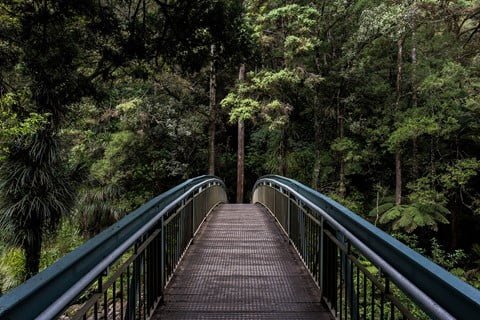
These questions are the focus of the Eco-index team who are taking stock of biodiversity conservation and restoration efforts in Aotearoa, with the goal of informing and guiding future work. An important first step in this journey is the development of a 100-year National Biodiversity Vision that sets all land managers on a path to effective change for biodiversity.
Stage one in developing the 100-year National Biodiversity Vision was an analysis of the existing strategies, visions, scopes and targets of central and regional government, iwi, environmental organisations and sector representative bodies. The resulting meta-vision was technocratic and vague with a lack of regional or national biodiversity end states or targets BUT it did provide critical information on key perspectives, as well as potential issues with visions, and the important qualities of a good vision.
Dive into the details of this work: Voicing stakeholder visions for biodiversity indicators: A framework using content analysis – an open access research article.
Stage two of vision development was to improve the meta-vision with end states and targets that are both ecologically-meaningful but also resonate with kiwis. The key elements of this vision are thriving, connected ecological corridors that are restored through incremental steps over the next 100 years.
Eco-index co-lead Penny Payne says that this vision analysis has provided an important foundation from which to develop a National Biodiversity Vision that is meaningful for land managers from many different backgrounds.
The Eco-index team are currently fine-tuning the details of the National Biodiversity Vision alongside key partners and expect to this work to be finalised in early 2022.